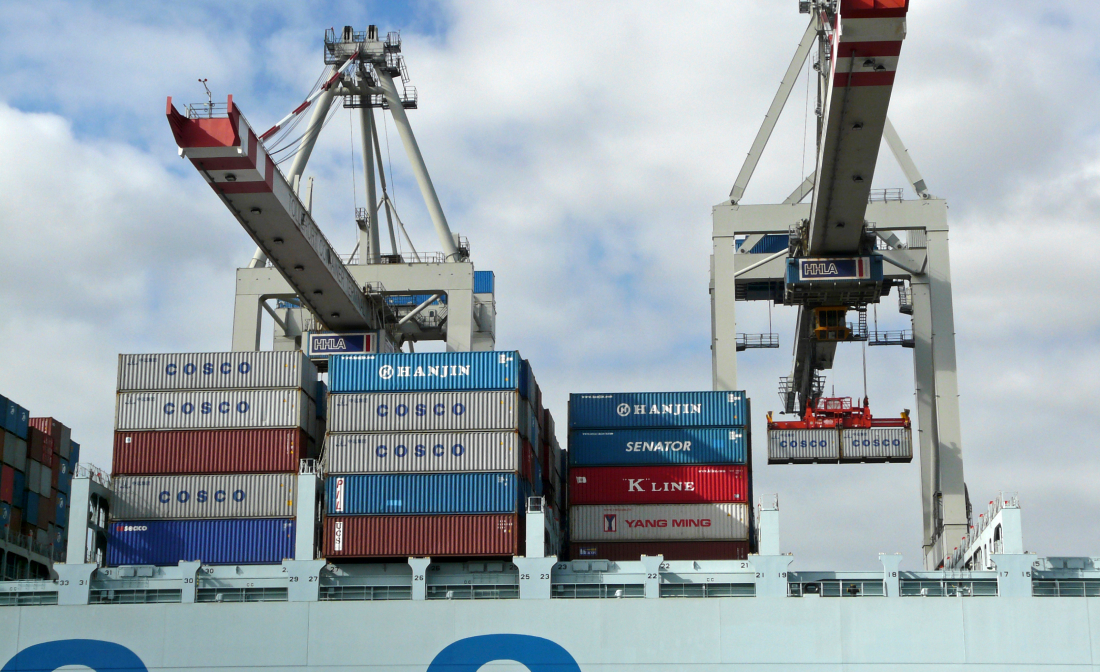International trade is expected to reach $630 billion by 2022, with the Asia Pacific becoming the most prominent e-commerce region in terms of both import and export. Obviously, there are immense opportunities here — the overseas expansion can take your business to the next level. However, international trade is connected with a number of challenges. Let's have a look at some and how you can address them using 1C solutions for Turkey.
High transaction costs and multiple currencies
High transaction fees and navigating your way around different currencies can be confusing for businesses thinking of expanding abroad.
International transaction costs include fees and expenses associated with credit cards, payment gateways, legal fees, e-commerce platforms, returns, and exchanges, left alone shipping. While transaction costs are unavoidable, there are some ways to reduce them by carefully choosing the payment processing provider, offering various payment methods apart from credit cards (which imply 2.3-2.5% transaction fees), and keeping all your accounting accurate to avoid errors.
1C:Drive ERP system offers functionality that allows effective management of multi currency invoices at the customer level. The company can have multiple contracts under the specific customer and simultaneously get the total balance for the customer in the local currency, which is super-convenient from the accounting and taxes point of view. For instance, the company can issue invoices in any currency, pay received invoices not in the currency of the invoice and consolidate all balances correctly.
Customs declarations
When the company imports some goods, the need for filing a customs declaration occurs. These declarations can differ based on the local legislation, and based on that document, the customs fees and excises are accrued, and import VAT is charged. The declaration is used to register imported goods, their quantity, and value.
1C:Drive ERP system allows importing declarations to register the expenses and import VAT for accounting purposes. In the declaration, you can divide your goods into multiple commodity groups based on:
-
the first four digits of the goods' harmonized system code (HS code)
-
the country of their origin
-
the VAT rate
It is super-easy to create, edit, or delete customs declarations in 1C:Drive Turkish Edition.
Language and cultural barriers
Good communication is at the core of an effective international business strategy. However, it is usually more difficult to do business in a foreign country than in one's home country because of language and culture-specific barriers. Consider hiring an interpreter to help with negotiations and consulting a native speaker to ensure your marketing communications sound good in the target language.
But it's often more than just a language barrier — nonverbal communication can affect business deals as well. Learn how different cultural values and norms can influence the way you communicate in a professional context. Being aware of business etiquette abroad and things like religious and cultural traditions can help you better navigate potential communication problems in overseas business.
Considering the language aspect from the users’ view, 1C:Drive enables each of them to work in a convenient language in the same system account. Partners normally add new languages during the implementation.
Shipping and logistics
Shipping and logistics management is probably a key factor in cross-border trade, which can become a serious challenge for businesses. Statistics show that high shipping prices are the number one reason for consumers to abandon shopping carts.
So it's crucial to find the right shipping partner with the best rates while still being reliable. A good logistics provider is experienced in dealing with legal regulations and customs and can help guide your business through these challenges.
With 1C:Drive, you can manage all aspects of logistics activities, such as weight controls, warehouse, shipping, security, marketing, online registration of logistics orders, and ticket purchasing.
Global pricing strategy
Setting optimal prices for your products or services can be tricky when doing business overseas. You need to ensure your pricing remains competitive while still bringing you profit. Consider researching the prices of direct local competitors to get a benchmark.
Still, it is essential to take all your extra costs into account — for instance, the cost of production and shipping, overseas marketing, import/export taxes, and distribution.
Besides, your pricing policy should account for possible exchange rate fluctuations, which can significantly affect your income.
1C:Drive ERP solution allows you to eliminate mistakes in multicurrency operations and accounting and always calculate the price and cost of goods sold correctly.
Nowadays, some IT leaders are investing millions of dollars in localization of their ERP systems to be applied in the new markets, in particular in Turkey, so it’s a great opportunity for Turkish business to use the best solutions available in the world to drive their company to a higher level of efficiency.







